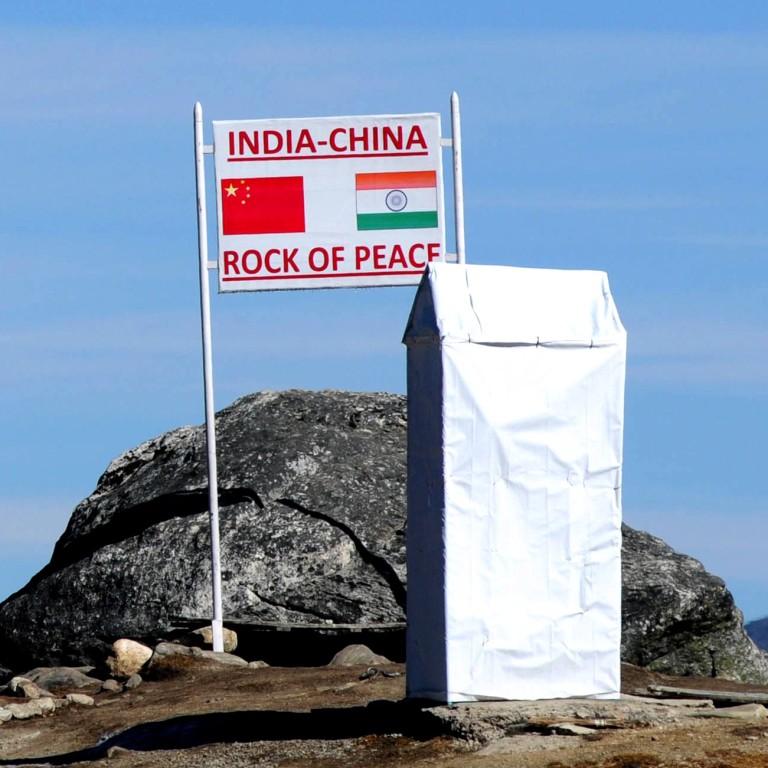
China bids farewell to Indian envoy with hopes for easing in border tensions
- As Vikram Misri prepares to leave his Beijing posting, both sides agreed there was a ‘silver lining’ for bilateral ties
- Chinese foreign minister warns against the two countries exhausting each other, as India takes first delivery of Russian missiles
Wang was speaking at a virtual meeting with outgoing Indian ambassador to China Vikram Misri on Monday. Both expressed hope that tensions would ease on the shared border in the Himalayas.

“We should build mutual understanding, not misjudgments, we should take a long-term perspective and remain undisturbed by temporal things, and we should help each other succeed and not exhaust each other,” Wang said.
“When we can build trust, even the Himalaya Mountains cannot stop our friendship but once trust is lost, not even a wide span of terrain is enough for us to come together.”
According to the official Chinese readout of the meeting, Wang also agreed with Misri’s statement of seeing “silver lining” in the two countries’ ties.
The Indian embassy in Beijing reported Misri as saying that even though certain challenges since last year had overpowered the vast opportunities in the relationship, he was “hopeful that with continued communication at all levels – political, diplomatic and military, the two sides would be able to resolve the current difficulties and take the relationship forward in a positive direction”.
Misri is expected to end his three-year term by the end of December. His successor is yet to be announced by New Delhi.
Relations between India and China have worsened since June last year, when Chinese and Indian troops engaged in a deadly hand-to-hand skirmish on their disputed border in the western Himalayas.
China’s building boom at India border protects military posts over winter
At a foreign ministerial level meeting with India and Russia last month, Beijing again warned against “small cliques” in the region and called out Washington’s democracy summit, which starts on Thursday. India is expected to take part.
The Chinese and Indian militaries last month agreed to more mechanisms at the border to contain tensions, in their latest round of talks on the issue. But they failed to reach further agreement on disengagement.
The talks have been at a standstill for most of the 18 months since last June’s deadly border stand-off, in which 20 Indian troops and at least four Chinese soldiers were killed.
Since then, both sides have been ramping up their military deployment near the border and conducting drills which geopolitical observers have described as flexing muscles and sending warnings.
The clashes in the strategically important Galwan Valley in Ladakh were the deadliest encounters between Indian and Chinese forces in more than four decades.

